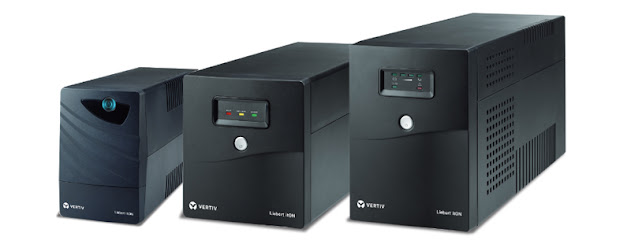From Safety to Savings: Why 1kVA UPS Is Worth the Investment
Think about what happens when the power suddenly cuts out. Work is interrupted, files vanish mid-save, and machines shut down in ways that risk damage. For many businesses, even a few minutes of downtime is enough to create frustration and financial loss. This is why backup power is no longer a luxury—it’s a necessity. A compact option like the 1kva UPS is proving popular with smaller offices and homes, giving just the right mix of security and affordability. In this piece, we’ll look at how these systems protect daily operations, how bigger models compare, and why making the right choice today saves more tomorrow.
Everyday Protection with Backup Systems
It only takes one blackout to realize how dependent we are on electricity. Beyond the inconvenience, the damage can be real—corrupted files, strained hardware, or tasks that need to be redone. A 1kVA UPS fills that gap by instantly kicking in when the main source goes out. For home workers, students, or small offices, it acts like a safety net, quietly making sure devices stay on. Larger organizations may outgrow such a unit, but at a smaller scale, it is more than enough to reduce stress and protect equipment. That peace of mind often feels just as valuable as the backup itself.
Scaling Up for Larger Needs
Growing businesses face bigger challenges, and eventually, higher capacity becomes essential. At that point, looking into the 20 kVA UPS price helps leaders plan properly. Larger systems stand out because they:
- Support many devices or servers at the same time.
- Handle heavy loads without faltering.
- Give companies room to expand without constant upgrades.
- Reduce the hidden costs of downtime and maintenance.
These factors show why planning ahead is smarter than rushing into repeated, smaller fixes.
Balancing Power with Growth
Businesses rarely remain in one location. A configuration that is effective now might not be in use tomorrow. Mid-sized businesses often find themselves weighing bigger investments, such as the 30 kVA UPS price, against current budgets. The cost may seem high upfront, but one strong unit often replaces the need for several smaller ones. Over the years, this has prevented wasted money and kept operations steady. It is less about the number on the invoice and more about the security gained—knowing growth won’t be held back by power problems.
Cost and Value beyond the Initial Purchase
It’s easy to compare products by price, but the real calculation is what happens without them. Repairs, replacements, and lost hours from downtime can far exceed the original cost of a UPS. For small setups, a 1kVA UPS offers an affordable way to avoid these headaches. For larger operations, investing in higher-capacity units ensures complex systems don’t fail under pressure. In both cases, the savings appear not in what you spend, but in what you don’t lose. That is where value truly shows itself.
A Step toward Smarter Continuity
Backup power isn’t just technical—it’s part of trust-building. Choosing a model, whether reviewing the 20 kVA UPS price or the 30 kVA ups price, signals that a business values consistency. A small office benefits from compact systems, while enterprises depend on robust ones, but the message is the same: reliability matters. When partners and clients see uninterrupted service, they notice. Continuity reassures people that they can depend on you, even in uncertain moments.
Conclusion
Backup systems are about more than running machines; they are about running businesses smoothly and confidently. A 1kva ups are the right fit for small setups, while bigger companies often choose larger models to match their scale. Balancing protection and cost ensures work never stops when the power does.
Trusted providers make that choice easier. Meghjit Power Solutions LLP has become known for guiding clients toward solutions that suit their exact needs. Their experience shows how the right partner can turn a simple backup plan into a reliable long-term advantage.
FAQs
Q1. How can a business decide the right UPS size?
By reviewing how much equipment needs protection, expected growth, and the cost of downtime.
Q2. Do UPS units only work during blackouts?
No, they also prevent damage from voltage swings and power spikes that shorten device lifespan.
Q3. Should every office go for large UPS systems?
Not always. Smaller offices benefit from compact models, while bigger setups require more capacity.




Comments
Post a Comment